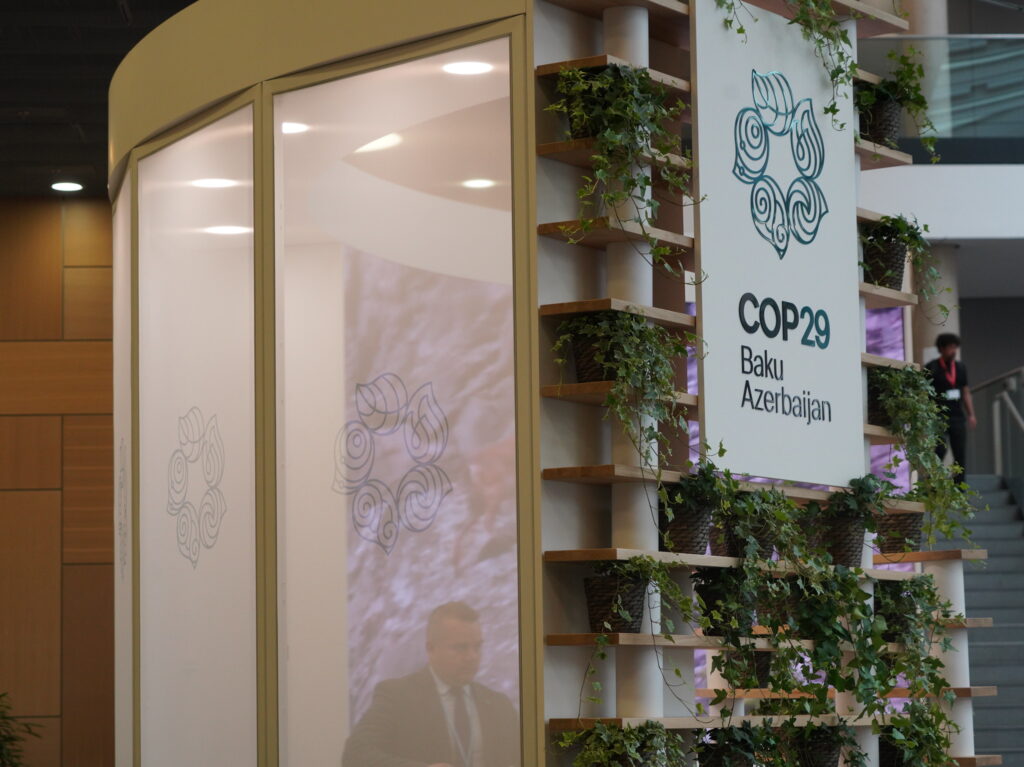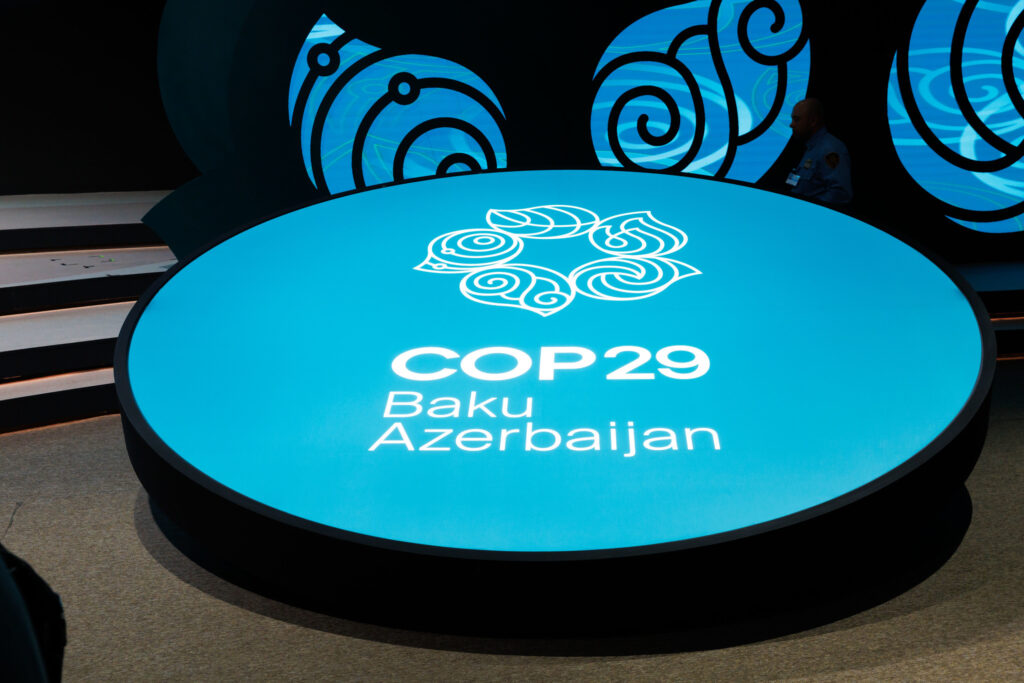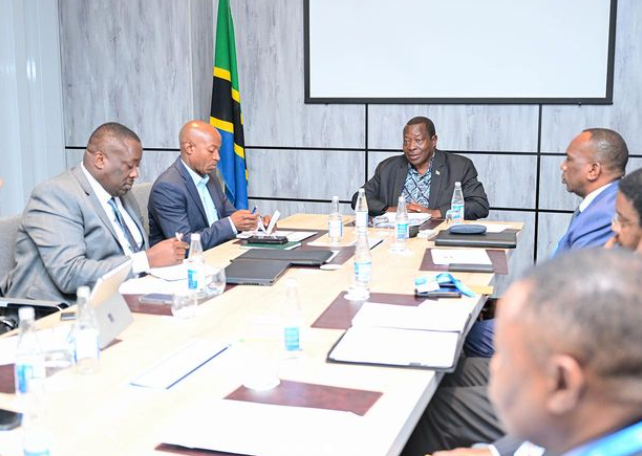Dar es Salaam. As the 29th Conference of the Parties to the United Nations Framework Convention on Climate Change (COP-29) begins today in Baku, Azerbaijan, Tanzania joins global leaders with a determined stance: unified strategies to address climate change and secure critical resources for resilience.
Represented by Vice President Dr Philip Mpango, who is attending on behalf of President Samia Suluhu Hassan, Tanzania will advocate for sustainable initiatives that bolster environmental protection, promote clean energy, and ensure fair contributions from high-emission nations.
Dr Mpango is expected to highlight Tanzania’s position on several core issues, including investment in clean cooking technologies, the blue economy, and equitable carbon trading. Building on last year’s commitments at COP-28, where President Samia emphasized clean energy and sustainable agriculture, Tanzania aims to secure funding and partnerships that can support these initiatives for long-term impact.
Prioritizing Clean Cooking and Climate Adaptation
Tanzania remains steadfast in its commitment to clean cooking initiatives, which aim to reduce health, environmental, and economic challenges that disproportionately affect women and children. This initiative, introduced by President Samia at COP-28, continues to be a focal point as Tanzania seeks international support for expanding access to clean cooking options.
“We need to free women from the hours spent collecting firewood so they can participate more fully in economic development,” noted Dr Mpango.
Local environmental activist Shamim Wasii Nyanda hopes that the discussions at COP-29 will prioritize adaptation funding for developing nations.
“This conference should focus on raising funds for adaptation, a necessity for countries like Tanzania,” she said. Nyanda emphasized the urgency of consistent funding for climate adaptation, which would enable vulnerable communities to better withstand climate impacts.

Supporting the Blue Economy
As a coastal nation with significant lake resources, Tanzania is keen on blue economy investments that protect ocean and freshwater ecosystems while providing economic opportunities. The Vice President is expected to advocate for partnerships and financial commitments that promote sustainable development in these areas.
“A strong blue economy will help us combat climate change impacts while uplifting communities economically,” Dr Mpango said, underscoring the importance of maintaining marine biodiversity.
Environmental advocate Petro Damian called for improved transparency in international climate forums to help Tanzanians understand the outcomes and stakes.
“We need a dedicated body to provide regular updates on COP discussions,” he argued, pointing out that a more informed public is better equipped to support local climate initiatives.
Pushing for Accountability from High-Emission Nations
As nations negotiate climate financing, Tanzania’s position is that countries responsible for the largest carbon emissions must take on greater responsibility.
“We’re all impacted by climate change, but our contributions vary greatly. Major polluters must support affected nations, including Tanzania, through funding and technology transfer,” emphasized Silas Olang’, an Africa energy transition advisor with the Natural Resource Governance Institute (NRGI).
He pointed out that while Tanzania’s emissions are low, its communities are among those hardest hit by climate impacts, from extreme weather to agricultural disruption.
Anabahati Mlay, founder of the Khanyi Foundation, stressed the need for developed countries to honor their financial commitments.
“Tanzania and other nations must unify their voices to ensure that climate pledges, like limiting global warming to 1.5°C, are honored. Financial promises must be fulfilled for those already facing the severe impacts of climate change,” she said.

A Call for Inclusive, Equitable Climate Solutions
The ongoing discussions at COP-29 echo Tanzania’s commitment to an inclusive approach to climate action, especially for vulnerable groups. Mlay advocates for robust funding mechanisms that support communities most impacted by climate change, including women, children, farmers, and people with disabilities.
“Our country needs to set clear targets that prioritize the participation of women in the development and implementation of climate strategies, particularly in access to clean and safe energy,” she emphasized.
In previous COP summits, Tanzania backed the call for increased funding to address the escalating climate crisis, pushing for the fulfillment of the $100 billion annual climate finance commitment from developed countries. T
his year, Tanzania also plans to support the establishment of a disaster response fund, promote inclusive clean energy adoption, and ensure that gender considerations remain central to climate resilience strategies.
As COP-29 unfolds, Tanzania remains resolute in its pursuit of climate equity, urging global leaders to take meaningful action for the future of the planet.



enten oprettet mig selv eller outsourcet, men det ser ud til